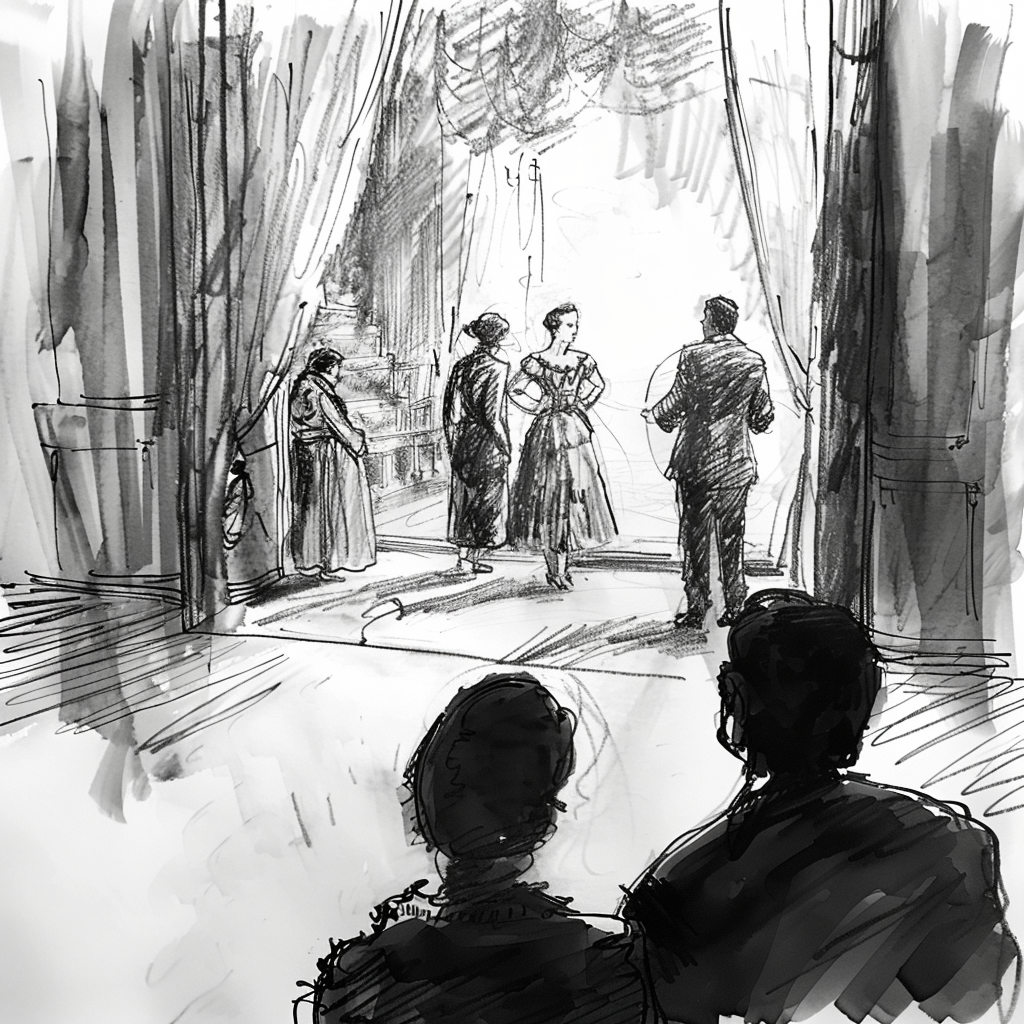Towards the end of the year, the flow of refugees subsided somewhat, and life began to return to normal. Then the decision of the Soviet military administration on the implementation of the land reform provided new political fuel.
This post has been moved. Please follow us on Medium to read and/or listen (!) to it in full.
This is a supporter-funded publication. To receive new contributions and promote my work, become a subscriber:
